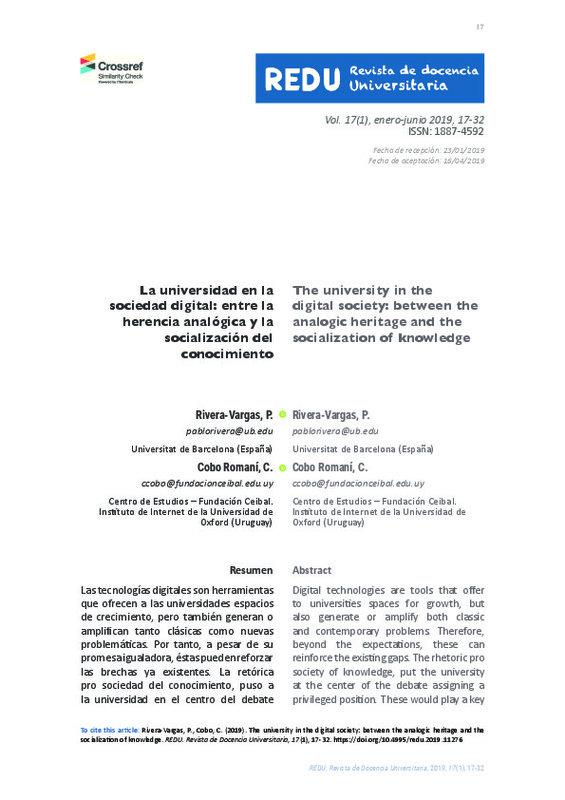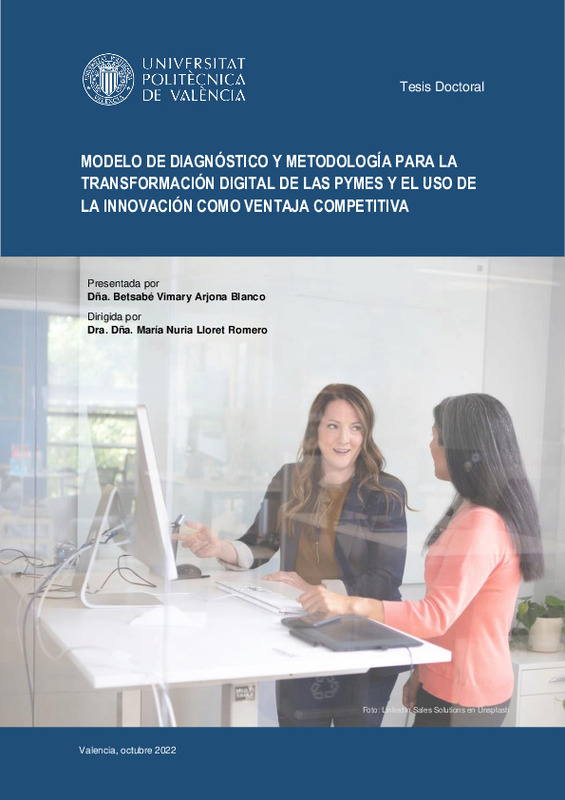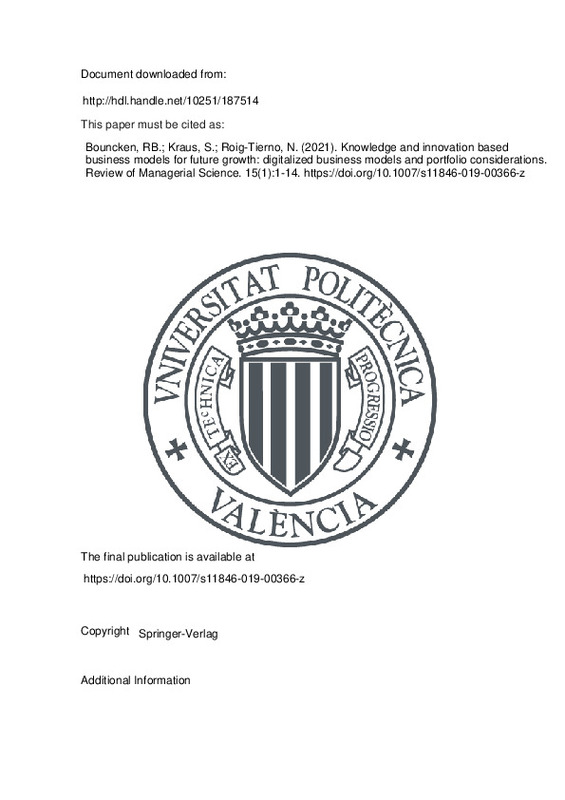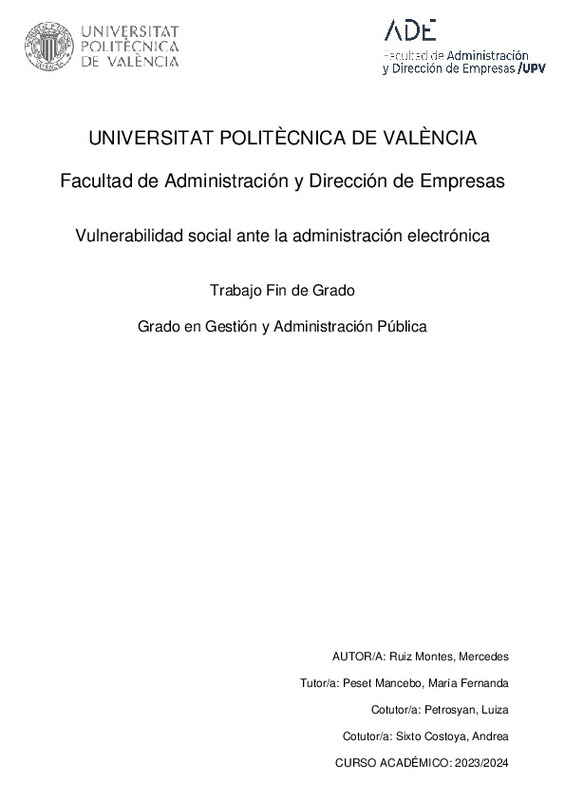|
Resumen:
|
[EN] Digital technologies are tools that offer to universities spaces for growth, but also generate or amplify both classic and contemporary problems. Therefore, beyond the expectations, these can reinforce the existing ...[+]
[EN] Digital technologies are tools that offer to universities spaces for growth, but also generate or amplify both classic and contemporary problems. Therefore, beyond the expectations, these can reinforce the existing gaps. The rhetoric pro society of knowledge, put the university at the center of the debate assigning a privileged position. These would play a key role in the digital era to produce relevant knowledge and to train new generations of workers. However, the multiple inertias that have been orienting the financial market to an important part of the production and university offer, have enabled certain economic sectors to take advantage of this position of relevance. In this way, to be able to squeeze (or devour) as much as possible the ethos of the university under a rationale of total commercialization, characterized by: excessive growth in enrolment; productivity rankings; Compulsory practices of dissemination of scientific knowledge; accumulation practices of the best: students, teachers, facilities, etc. Considering this scenario, in this article we try to answer the following question: What challenges arise in the digital society when it comes to rethinking the universities of the 21st century? This question is approached from a theoreticalreflexive review of relevant historical and contemporary antecedents. As a result of this analytical exercise, the complexities are recognized, but at the same time the opportunities that emerge in the digital society for one of the most traditional, conservative and, at the same time, relevant institutions of the history of knowledge in humanity.
[-]
[ES] Las tecnologías digitales son herramientas que ofrecen a las universidades espacios de crecimiento, pero también generan o amplifican tanto clásicas como nuevas problemáticas. Por tanto, a pesar de su promesa igualadora, ...[+]
[ES] Las tecnologías digitales son herramientas que ofrecen a las universidades espacios de crecimiento, pero también generan o amplifican tanto clásicas como nuevas problemáticas. Por tanto, a pesar de su promesa igualadora, éstas pueden reforzar las brechas ya existentes. La retórica pro sociedad del conocimiento, puso a la universidad en el centro del debate asignándole una posición privilegiada. Estas jugarían un papel clave en la era digital para producir conocimiento relevante y para formar a las nuevas generaciones de trabajadores. Sin embargo, las múltiples inercias que han ido orientando hacia el mercado financiero a parte importante de la producción y oferta universitaria, han posibilitado que determinados sectores económicos saquen provecho de esta posición de relevancia. Exprimiendo (o devorando) tanto como fuese posible el ethos de la universidad bajo un raciocinio de comercialización total, caracterizado por: matrículas excesivas; rankings de productividad; prácticas compulsivas de difusión del conocimiento científico; prácticas de selección de los mejores (estudiantes, docentes, instalaciones, etc.). Teniendo presente este escenario, nos hemos planteado la siguiente pregunta guía: ¿Qué desafíos puede implicar la emergencia y consolidación de la sociedad digital a la hora de repensar a las universidades del siglo XXI? Esta interrogante se aborda a partir de una revisión teórico-reflexiva de antecedentes históricos y contemporáneos relevantes. Como resultado de este ejercicio analítico, se reconocen las complejidades, pero a la vez las oportunidades que emergen en la sociedad digital para una de las instituciones más tradicionales, conservadoras y, a la vez, relevantes de la historia del saber en la humanidad.
[-]
|











